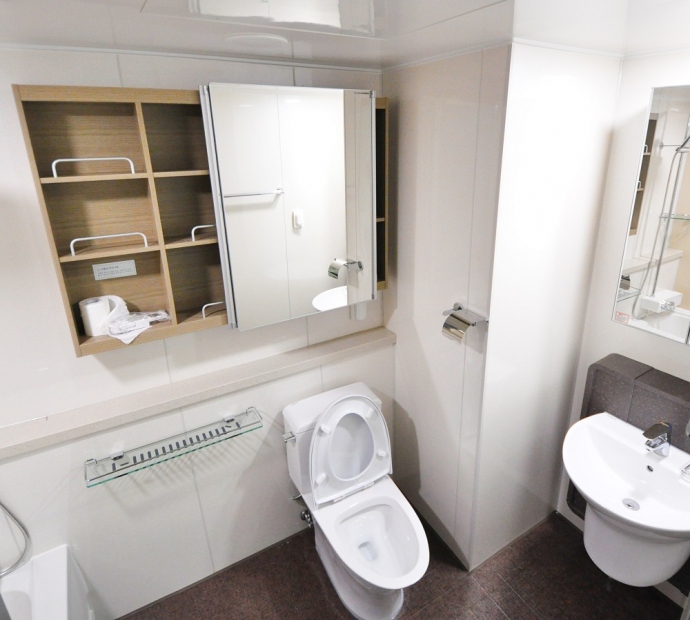A clogged toilet is a time-consuming and unpleasant hassle that no one wants to deal with. That is why it is so important for all homeowners to know what steps they can take to prevent clogs and other plumbing mishaps. If you have recently been dealing with lavatory problems, here is a look at a few tips and tricks that you can use to prevent future issues.

Clean the Toilet Correctly
Using harsh chemicals to clean or unclog the toilet could damage the pipes, fixtures, and gaskets throughout your plumbing system. As a general rule, you only need to use vinegar and baking soda to keep a porcelain toilet clean. You can improve the smell of your bathroom by adding a few drops of mild soap to the cleaning mixture before it is flushed away.
Know Exactly What You Can Flush
Unfortunately, many people don’t realize that there is a long list of household items that must never be flushed down the toilet. Anything that wasn’t specifically designed to be flushed should be thrown in the trash or properly disposed of with your local waste management company. That includes other cleaning chemicals, grease, feminine hygiene products, beauty supplies, and liquids from your vehicle.
Don’t Store Items on the Back of the Toilet
It might be tempting to use the toilet’s tank as a storage area for towels or candles, but those items will wreak havoc on your plumbing if they fall into the bowl. You also want to be able to access the inside of the tank as quickly as possible if something goes wrong with toilet. Instead of using the top of the tank, you might want to invest in a small storage cabinet or rack that can be placed beside you.
Don’t Displace Water in the Tank
Many homeowners use items such as bricks or rocks to displace water in the tank and save a little bit of money. While displacing the water might lower your utility bills for a short period of time, putting foreign objects in the tank can also severely damage the plumbing. Those who have a toilet that is more than 20 years older should speak with a local plumber about upgrading to a low-flush or low-flow toilet.
When a residential plumbing system constantly becomes clogged, there is most likely a problem deeper in the sewage line. Homeowners who experience more than a few clogs a year should contact a plumbing company to have their entire system inspected and cleaned.

